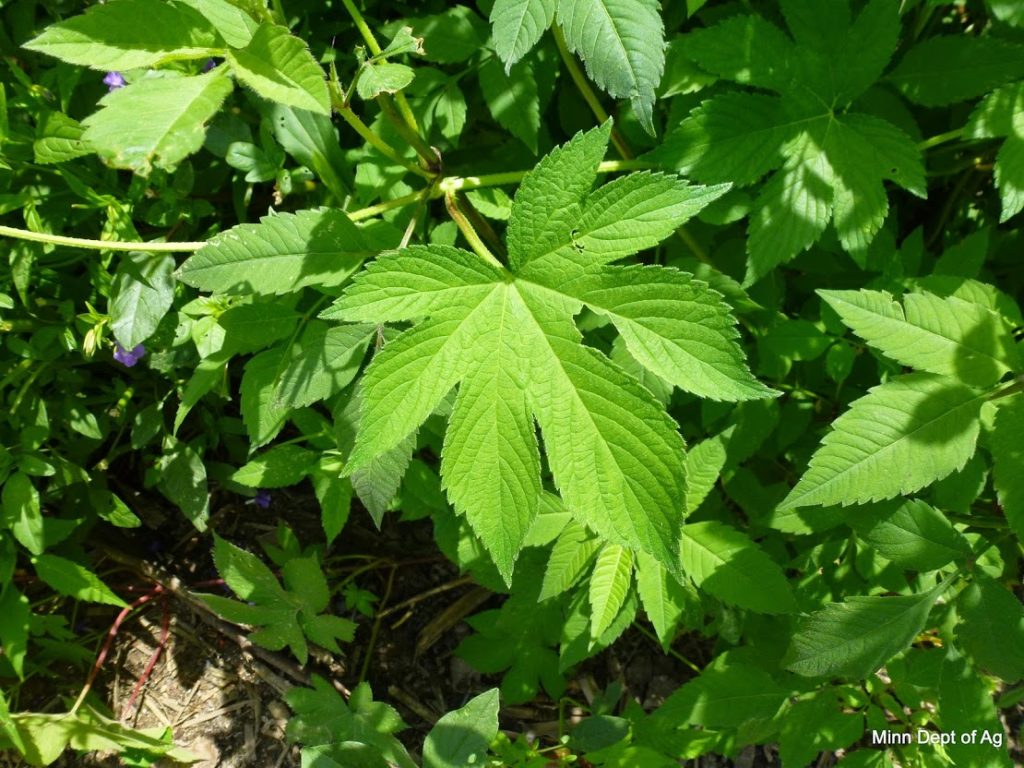Minnesota
Invasive vine spreads through southeast Minnesota

Japanese hops, an invasive vine, is taking over the banks of the Root River in Southeastern Minnesota and starting to grow on adjacent property.
Allen Sommerfeld, Minnesota Department of Agriculture (MDA) communications, said they are asking for the public’s help in stopping the spread.
“We do know that it was located and successfully eradicated from the Winona area,” Sommerfeld said. “We do not want to miss any other infestations that may be out there.”

Experts did not know how the Japanese hops got to the Root River but said it can grow up to 35 feet in a single season. The annual vines are native to eastern Asia.
“It is throwing the balance off in the local ecosystem and pushing out beneficial plants and smothering them,” Sommerfeld said.
Currently, the infestations are found along the Root River from Preston to the confluence of the Mississippi River. Minnesota is also home to American hopes, according to MDA. That is a native perennial vine that looks similar but often has no more than five lobes on the leaves.
“When we talk about invasive weeds like this, it is really a group effort to try to combat these weeds from the local, county, state and federal levels,” Sommerfeld said. “All of us need to band together to help spot these invasive weeds and put a stop to them.”
Through a grant from the MDA, the Fillmore Soil Water Conservation District and Houston County Planning and Zoning are conducting hops treatments on the Root River banks. Fillmore and Houston County officials, with grants from the Board of Water and Soil Resources Clean Water Fund, are also using Conservation Corps Minnesota (CCM) to control hops along the Root River Trail.
The MDA said for successful control, the dispersal of mature seed has to be stopped. It can be managed by pulling or cutting the vines or with herbicides. Those who need help with the weed can contact the pest line at 1-888-545-6684, or by email at arrest.the.pest@state.mn.us. Sommerfeld said it is helpful to include photos with the report.







